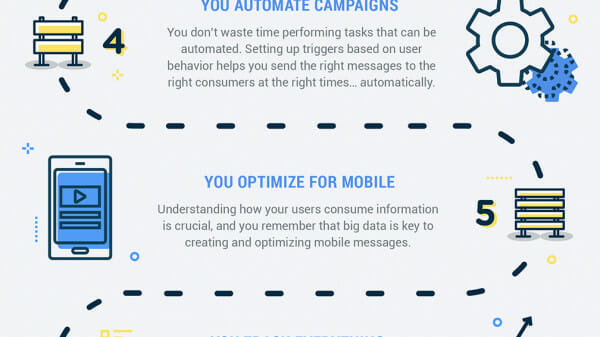It might not seem that important, but how fast a site loads can make a huge difference in your search engine rankings for Google. If your site loads faster, you will get better rankings, and thereby you will get more visitors to your site. It seems so simple, but this is really something that you should take care of as a PPC page owner or as a developer. Google has further made it easy to know just how fast your site is. Without actual numbers, it is all too easy just to think that a site is fast or slow. Now though, those numbers are accessible within your Google Analytics numbers.
Previously, Google enabled you to see these numbers, but you had to add extra code into your site to activate those statistics. Since they have placed even more weight on the site speed numbers, they have integrated the site speed statistics into their regular Analytic numbers. They call this set of numbers your “Site Speed Report.” Within the content section of your Analytics account there is a section titled Site Speed Report. Google provides three separate Site Speed Report tabs: the Explore, the Performance, and the Map Overlay sections.
By analyzing the different sections in your Site Speed Report, you should be able to determine where to make appropriate changes to improve your overall numbers. For example, the Explore section lets you know an overview of what is the load time on all of your pages. The Performance page lets you review the load page of each page; while the Map Overlay page lets you review how people in different geographic areas experience your site. This means that someone in one city, country, or continent can have a drastically different site speed than someone in another region.
If you don’t want to be seen by Google as having a slow page load time, than it is recommended to have an average page load time than seven seconds. That seems like an especially long time if you think about it, so be sure not to have anything clunky that is dragging everything down. Since that kind of testing can be cumbersome for you to check, having all of this information at your fingertips through Google Analytics is a real time saver.
Don’t forget that redirection time is included in your page load time, so if you are trying to figure out why your page load time numbers are so high, this may be costing you extra precious fragments of a second. This is a new part of the metrics on Google’s end, so if you have already been using Site Speed from Google, this technical update may cause your overall numbers to rise slightly.
Because getting your site in tip-top shape for search purposes is such a priority, everything you can do to massage the site is especially important. Even something that seems so inconsequential, such as a few seconds of difference in page load times can make the difference. Take the time to have a site that loads smoothly and you will be glad you did.





